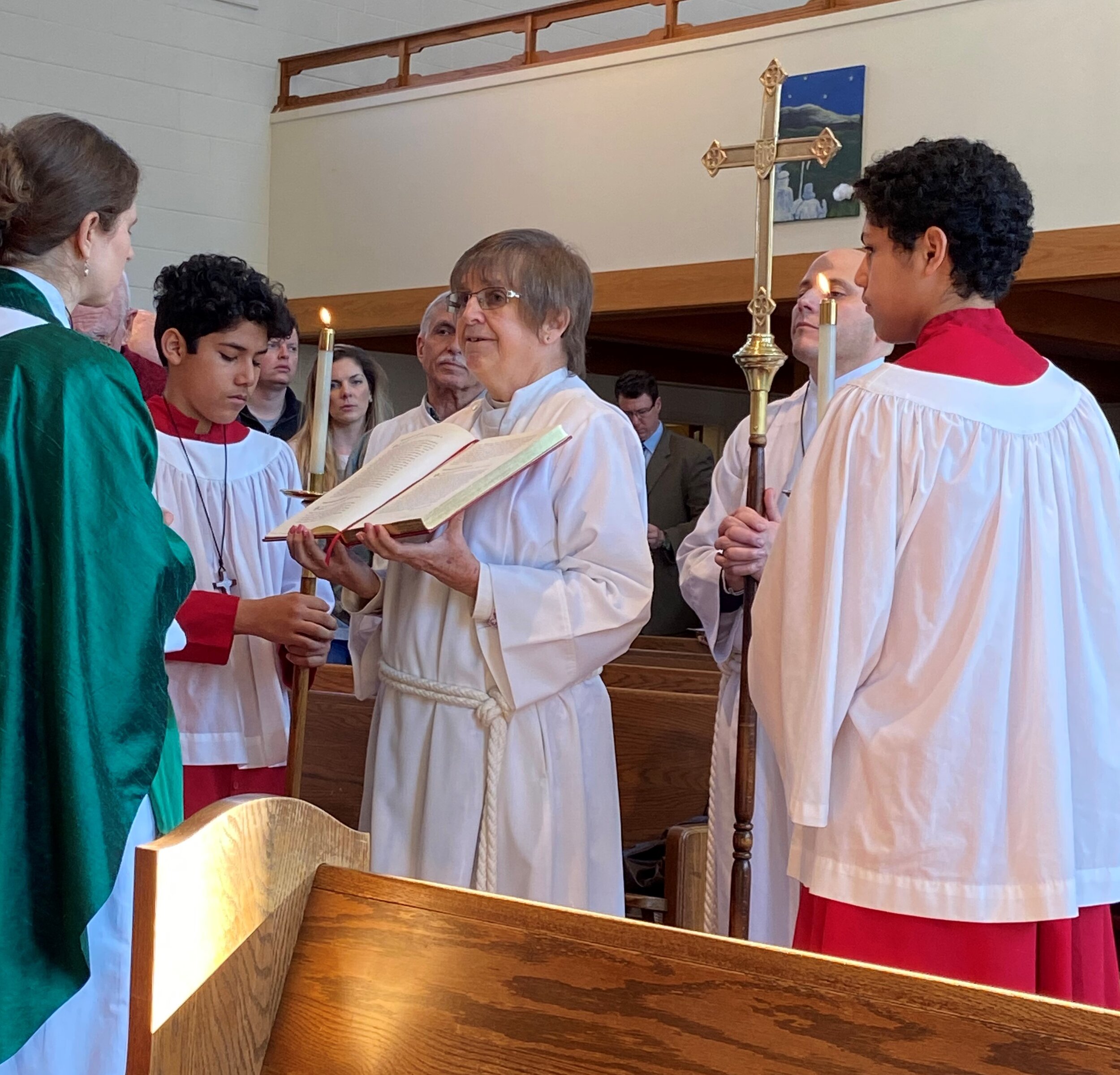
St. Margaret's Episcopal Church is a member of the Episcopal Church, USA and of the Episcopal Diocese of Virginia. The Episcopal Church, originally from the Church of England, is also a member of the worldwide Anglican Communion. All Episcopal churches share certain things in common.
Both Protestant and Catholic
The Episcopal Church stands squarely in the Reformed, or Protestant, tradition and yet we consider ourselves to be directly descended from the early Church as the Roman Catholic or Eastern Orthodox churches. The Episcopal Church is often referred to as the “middle way,” since it contains elements of both the Catholic Church and Protestant Churches.
The Book of Common Prayer
Unique to the Anglican Church is The Book of Common Prayer, the collection of worship services that all worshipers in an Anglican church follow. It is called “common prayer” because we all pray it together, around the world.
Our present prayer book in the Episcopal Church was published in 1979. While other worship resources and prayers exist to enrich our worship, the Book of Common Prayer is the authority that shapes our worship.
Scripture, Tradition and Reason
Episcopalians value Scripture, Tradition and Reason equally. We often use the metaphor of a three-legged stool, with each leg of the stool being Scripture, Tradition and Reason.
The Anglican approach to reading and interpreting the Bible is unique compared to many other denominations. While we, like all Christians, acknowledge the Bible (or the Holy Scriptures) as the Word of God and completely sufficient to our reconciliation to God, we believe the Bible should be looked at in the context of our own time and place.
For two thousand years Christianity has amassed experiences of God and of following Jesus, and what these people have said to us through the centuries is critical to our understanding it in our own context. The traditions of the Church connect all generations together and give us a starting point for our own understanding.
Episcopalians believe that every Christian must build an understanding and relationship with God, and to do that, God has given us intelligence and our own experience, which we refer to as “Reason.” Based on the text of the Bible itself, and what Christians have taught us about it through the ages, we then must sort out our own understanding of it as it relates to our own lives.

